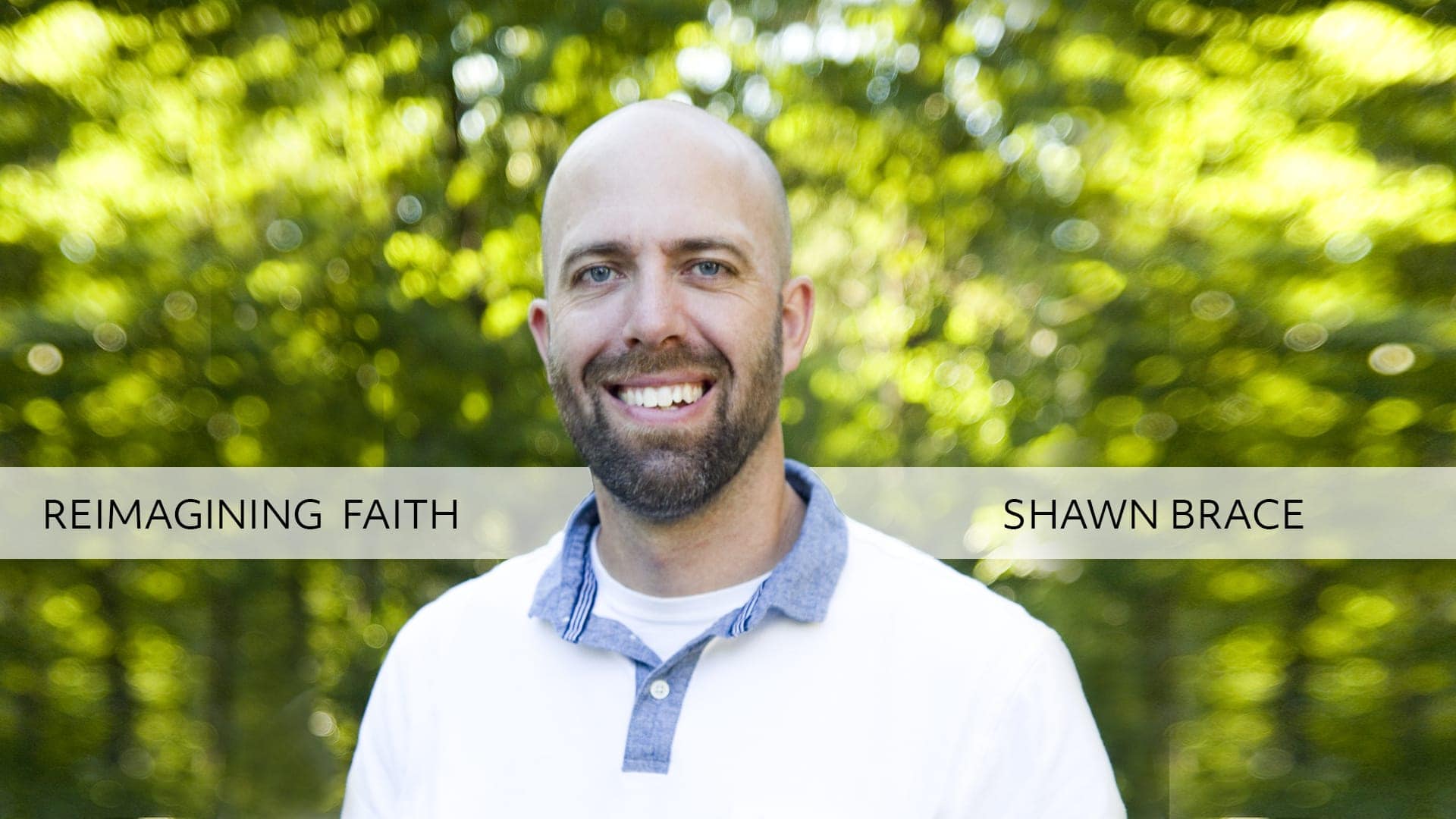
I remember the first time I prayed with other Christians outside the Seventh-day Adventist community. It was about 15 years ago when I joined a small group of guys for breakfast every week in a quaint Vermont town. The first time we prayed together, I experienced a sort of cognitive dissonance about the nature of our fellowship. And embarrassing as it is in retrospect, the question that most acutely pressed upon my conscience, was this: Were we even praying to the same God?
I recalled that experience recently on my first trip to Oxford University for my doctoral studies. It’s a huge institution, and meaningful fellowship is hard to come by. And as an extremely social person, I was craving relational connection. So I found the Oxford Graduate Christian Forum and indulged, making instant friendships that were edifying and refreshing.
It was quite the juxtaposition when, the next day, sitting at the Bodleian Library, combing through nineteenth-century articles from The Advent Review and Sabbath Herald (now known as Adventist Review) online, I came across article after article that identified the various non-Adventist churches as “Babylon.” The certainty with which each writer wrote was staggering—perhaps none more so than J. H. Waggoner, who unequivocally declared in 1854 that “Presbyterians, Baptists, Methodists, and the almost innumerable train of other denominations, all stand condemned as unchristian bodies.”1
This sentiment was echoed from another angle in the surprised looks from various Oxford professors who explicitly verbalized to me that I was a “rare bird”—an Adventist who actually stepped outside my bubble and was willing to pursue “ecumenical” conversation and fellowship with other Christians.
I’m not quite sure what to make of it all. I can easily interpret the early Adventist material through a historical lens: many of these writers wrote, after all, in the immediate aftermath of being disfellowshipped from the various Protestant denominations for embracing William Miller’s teachings on the Second Coming. It’s thus only natural that they would be reeling from such experiences.
At the same time, a few decades later, Ellen White softened the Adventist tone toward other Christians when, among other things, she wrote that the “great body of Christ’s true followers”2 resided in the various non-Adventist churches, including in Catholicism, and that Adventist ministers should fellowship and pray with other pastors, whom she called “shepherds of the flock.”3
Similarly, I rejoice that our official Fundamental Beliefs identify the church as “the community of believers who confess Jesus Christ as Lord and Saviour,”4 without limiting it to Adventists.
So, in theory, it seems that we’ve matured beyond the attitude displayed by the early Adventists.
And yet our practice seems wholly different. Many of us appear scared of pursuing genuine mutual fellowship with other Christians. We fear being corrupted by them or influenced to embrace heretical teachings. We worry about being lured into “Babylon” or lulled into doctrinal compromise.
But these are our brothers and sisters in Christ. They are, I’ve repeatedly found, seeking to faithfully follow Christ to the best of their knowledge and ability—no less (and often more) than I am.
I don’t think we need to diminish our belief in the unique calling and teachings of Adventism to pursue mutual fellowship. We might even find that we have something to learn from other Christians—since Adventists have never maintained that we’ve arrived at the terminus of truth with nothing more to learn or discover.
So for my part, I’m deeply thankful that whenever my frequent travels take me to Oxford, I can there enjoy rich Christian fellowship.
Shawn Brace is a pastor and author in Bangor, Maine, whose most recent book, The Table I Long For (Signs Publishing), details his and his church’s recent journey into a mission-centered life. He is also a DPhil student at the University of Oxford, researching nineteenth-century American Christianity.
1 J. H. Waggoner, “Babylon Is Fallen!” Advent Review and Sabbath Herald 6, no. 4 (September 5, 1854): 30.
2 Ellen G. White, The Great Controversy (Boise, Id.: Pacific Press Pub. Assn., 1939), p. 390.
3 Ellen G. White, Testimonies for the Church (Mountain View, Calif.: Pacific Press Pub. Assn., 1948), vol. 6, p. 78.
4 https://www.adventist.org/beliefs/